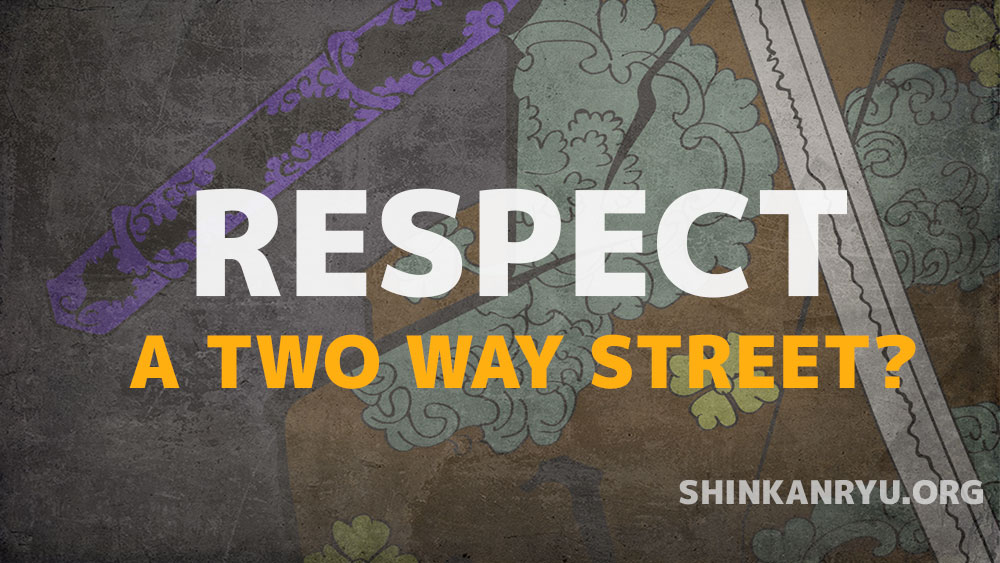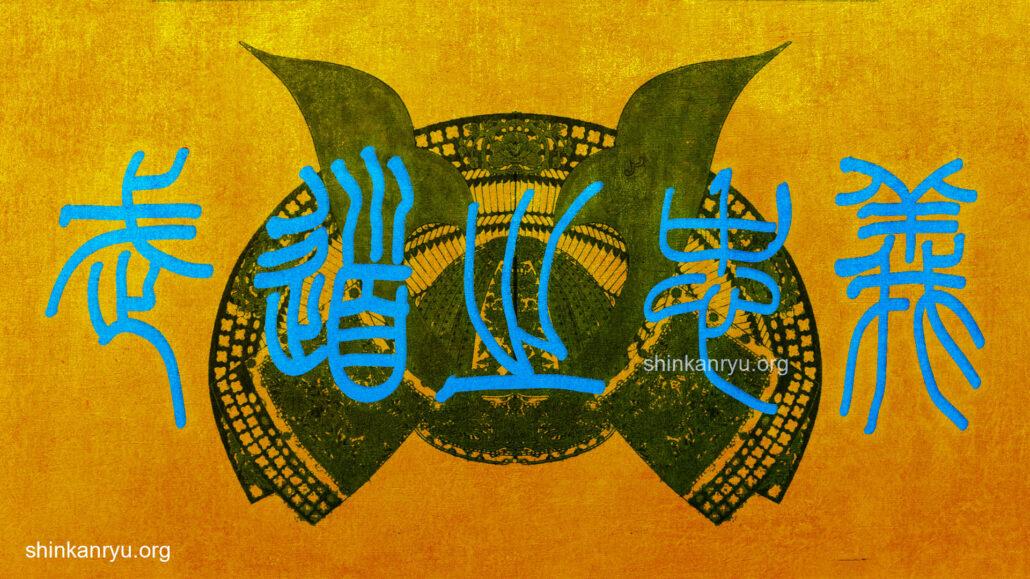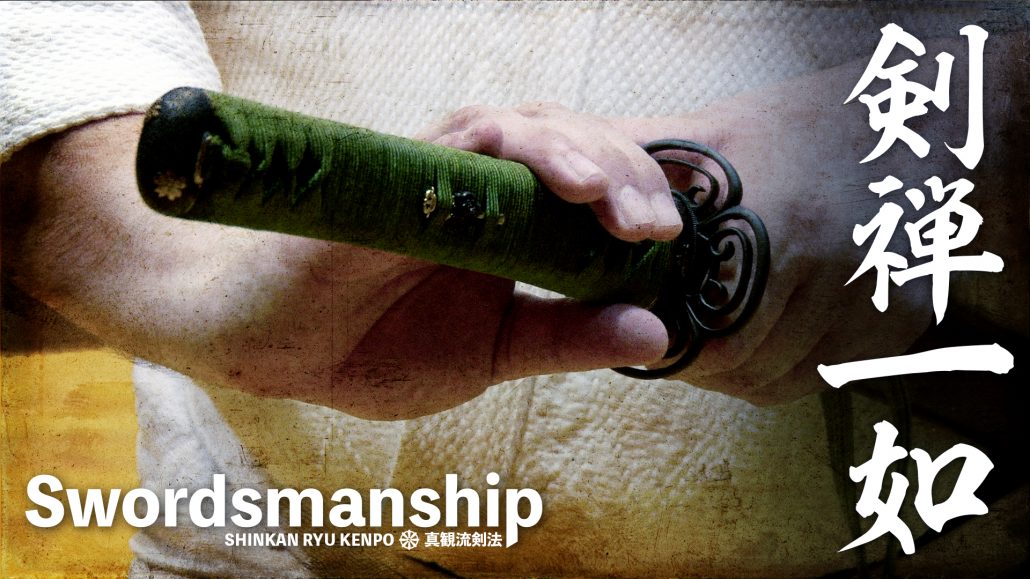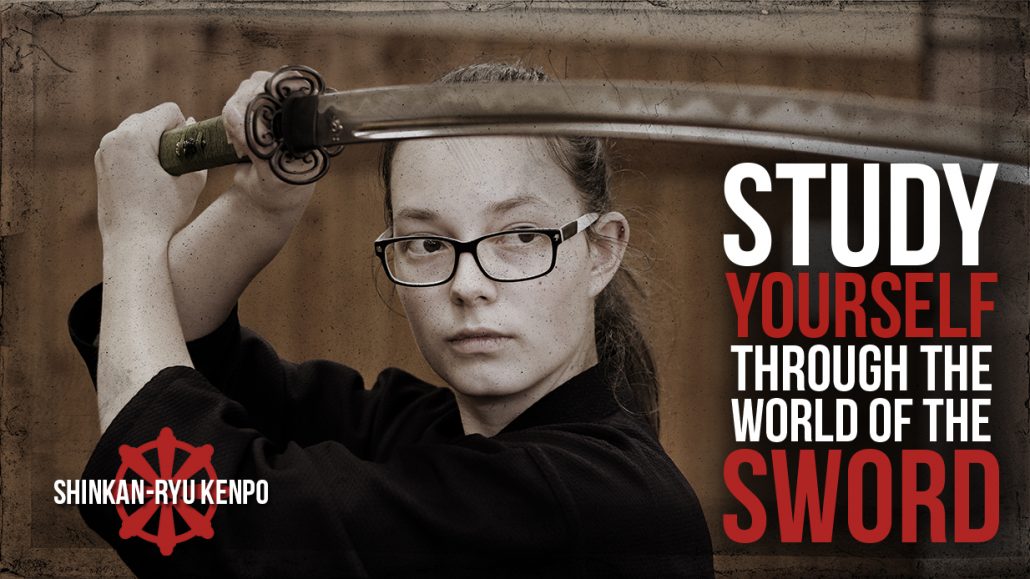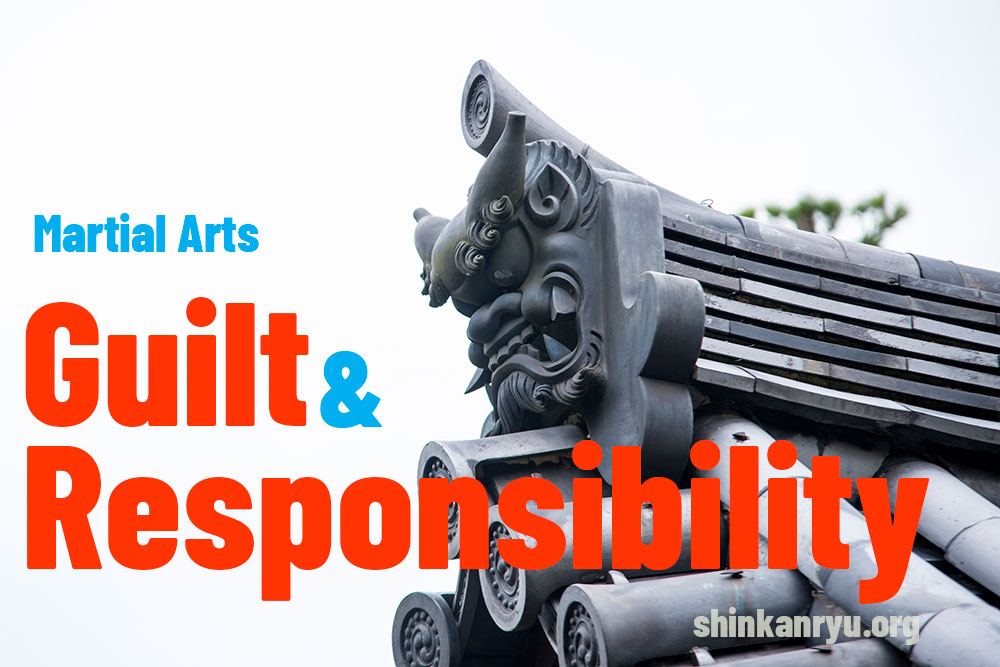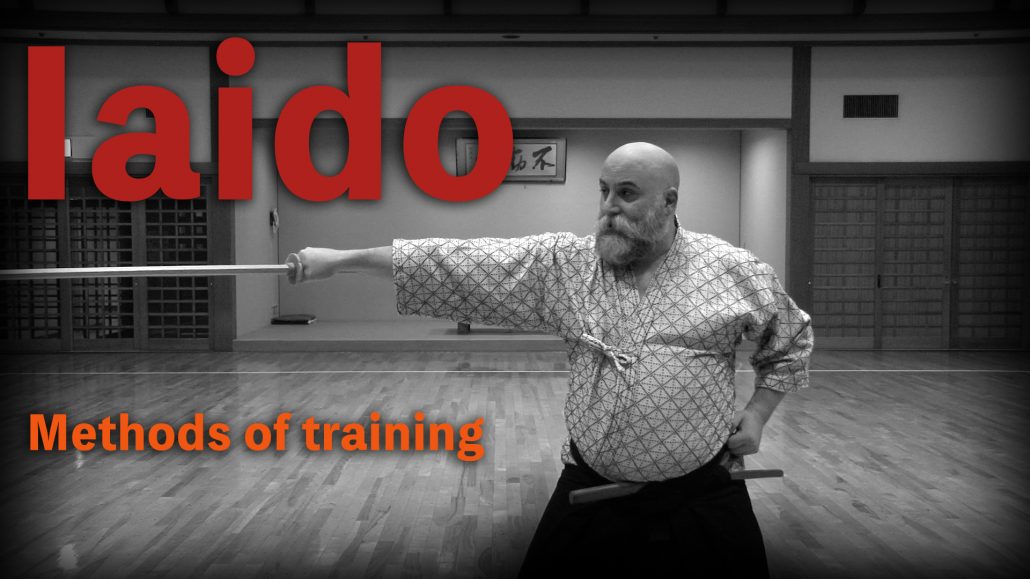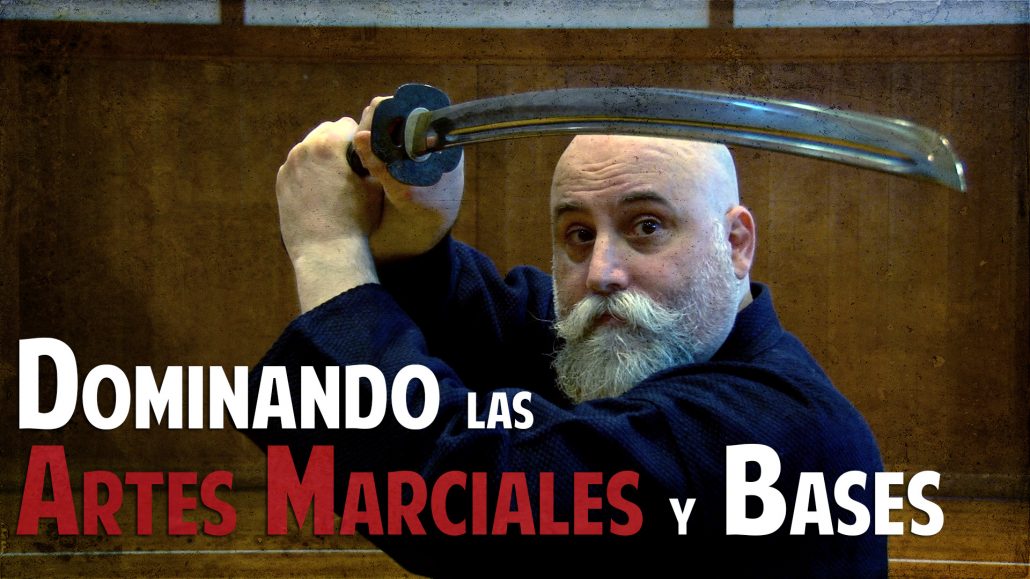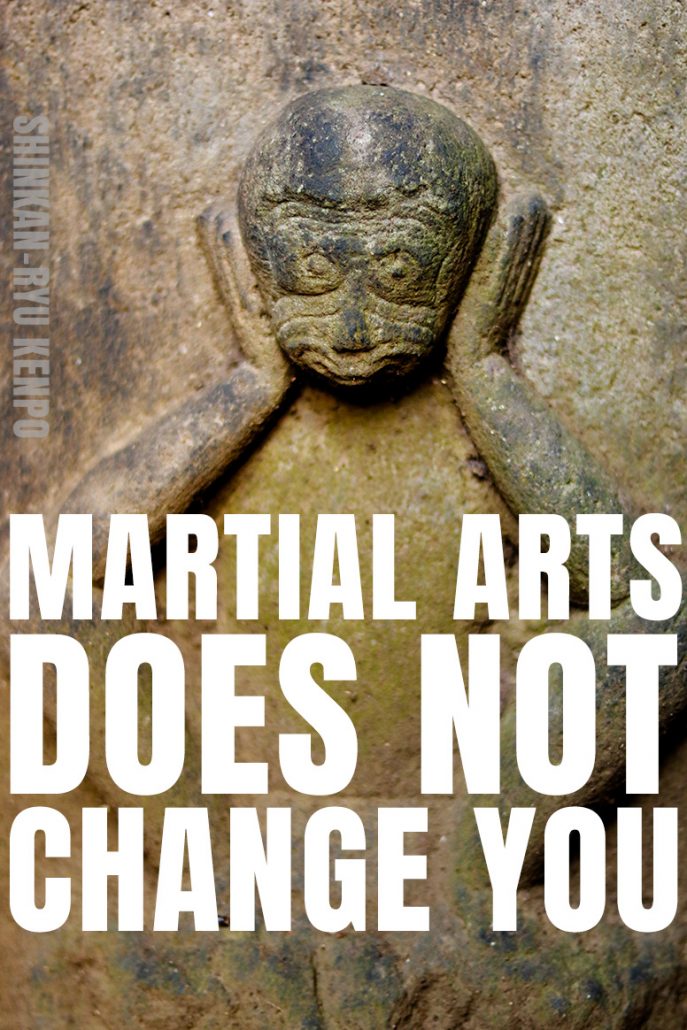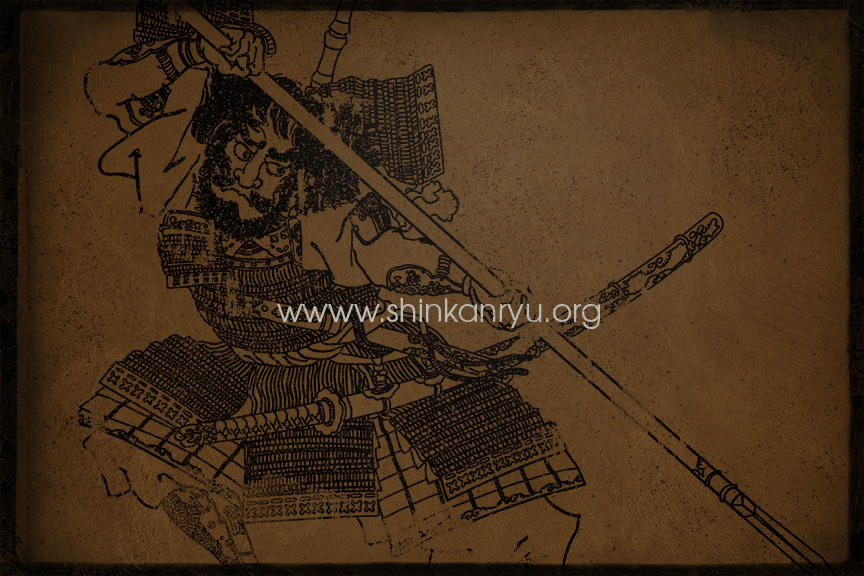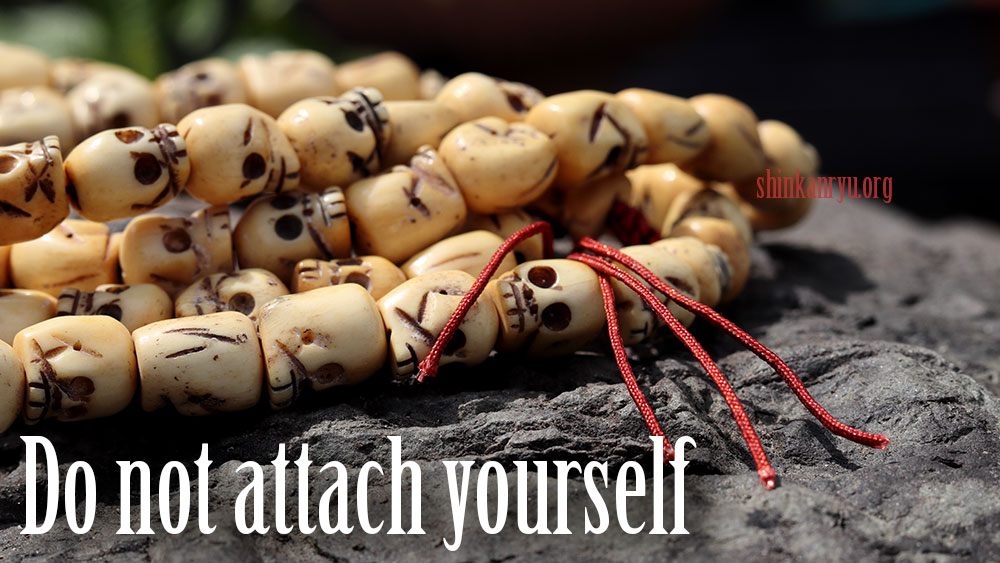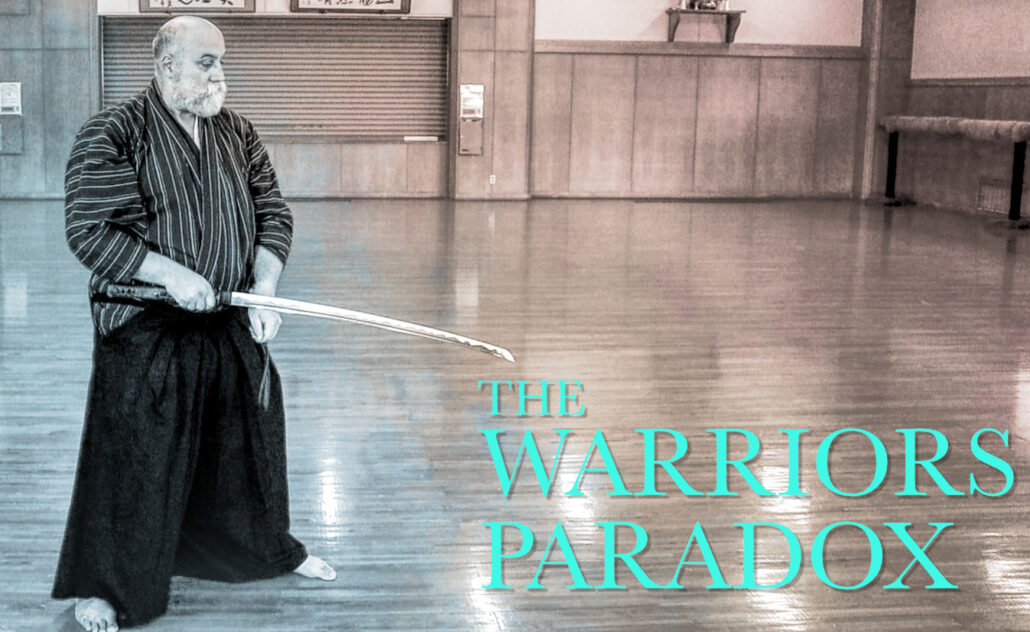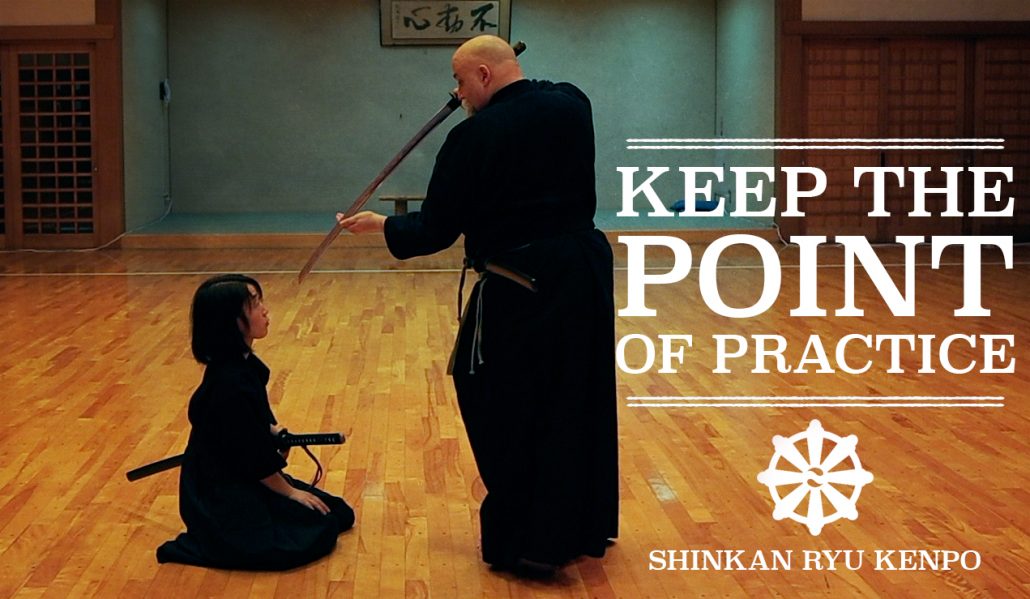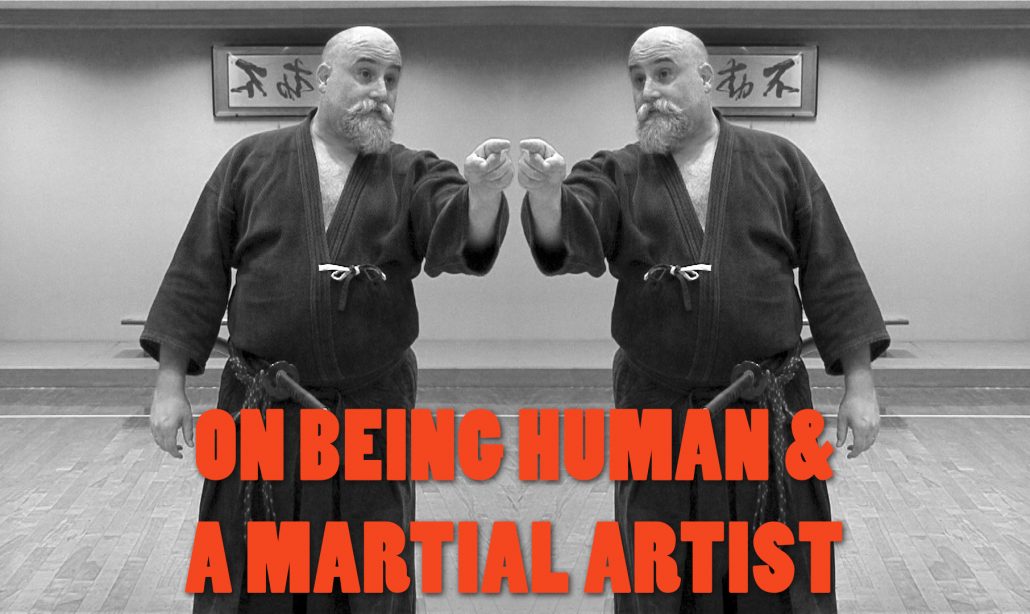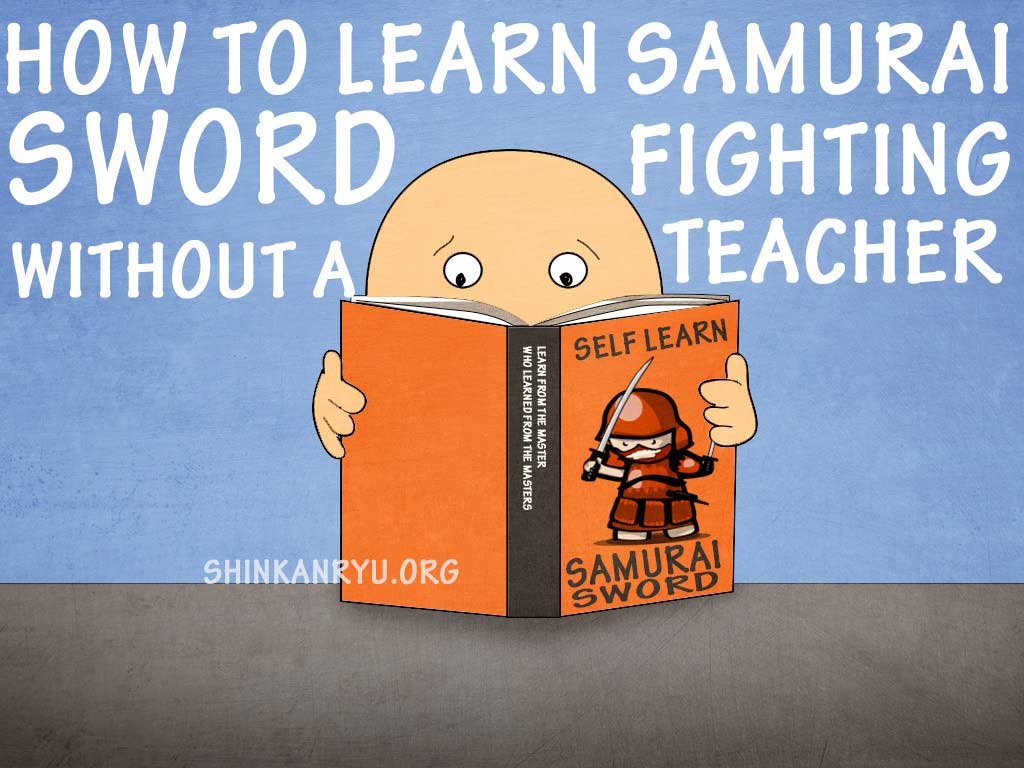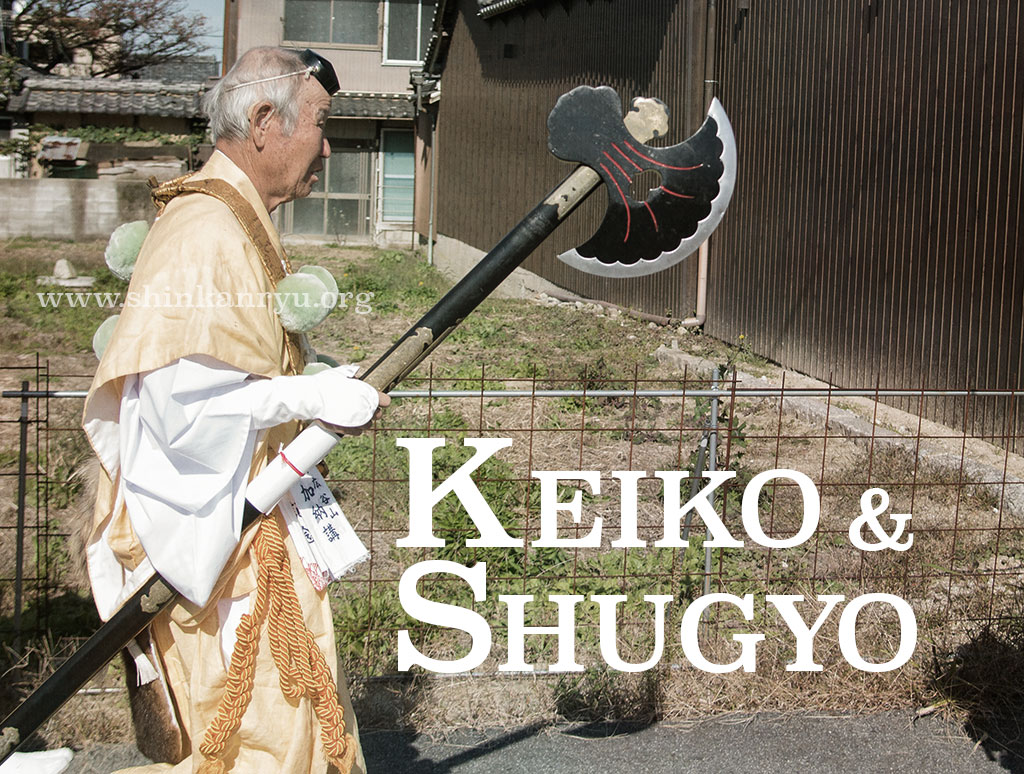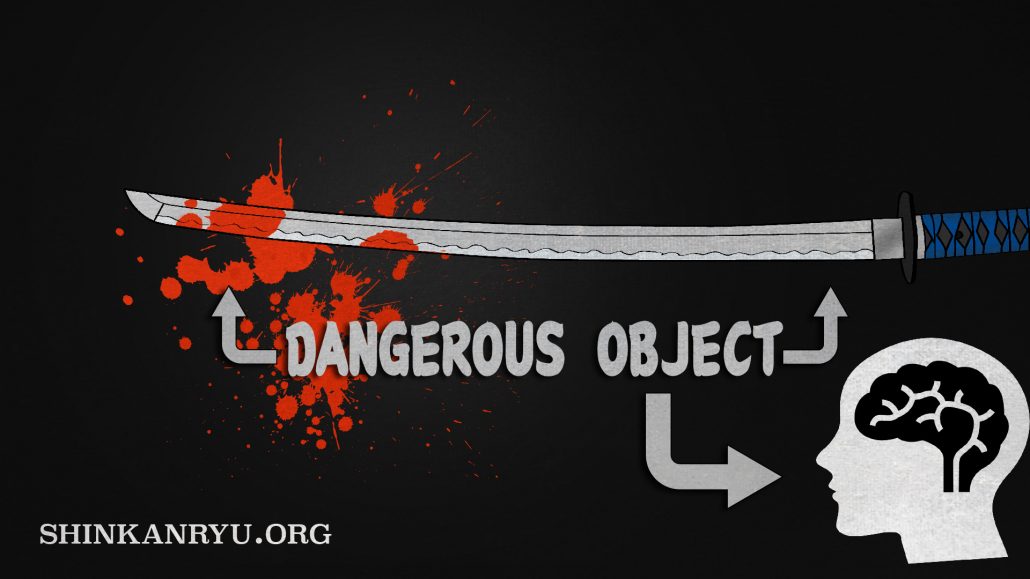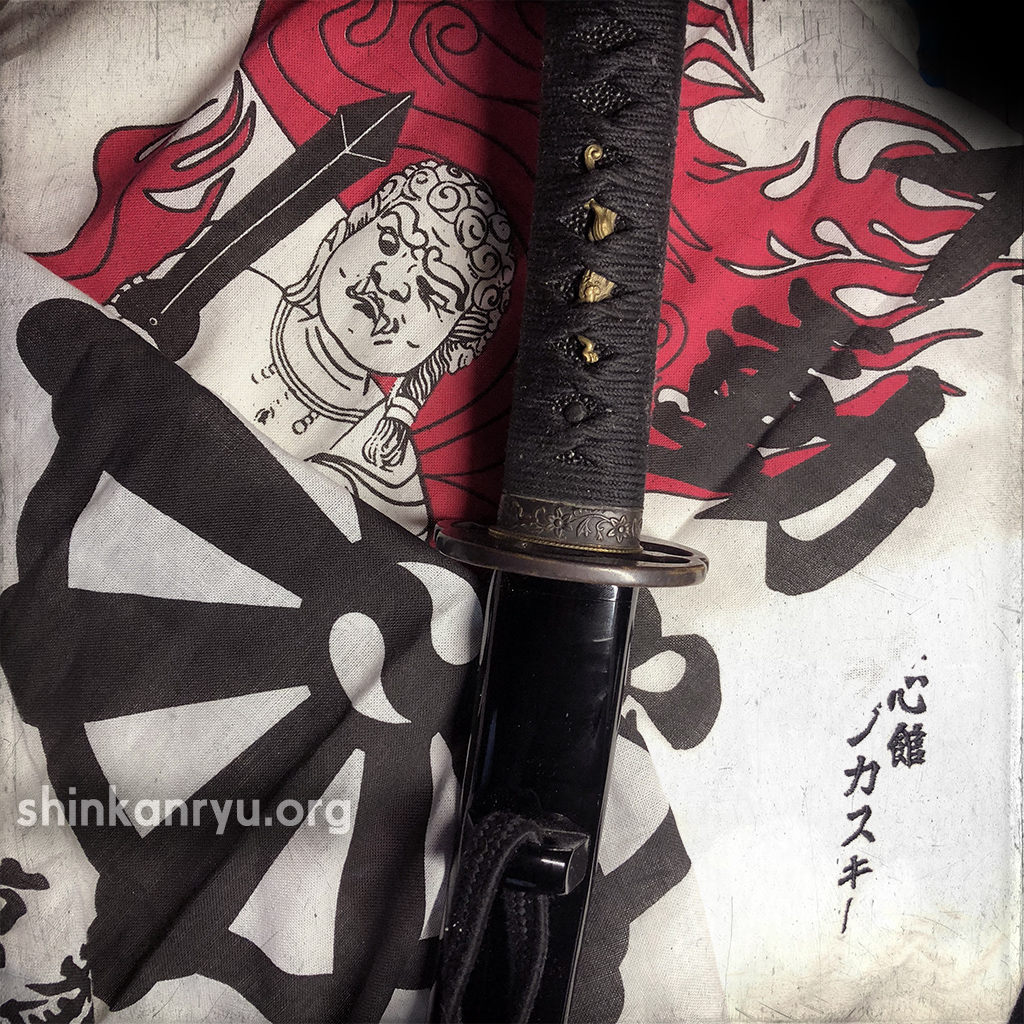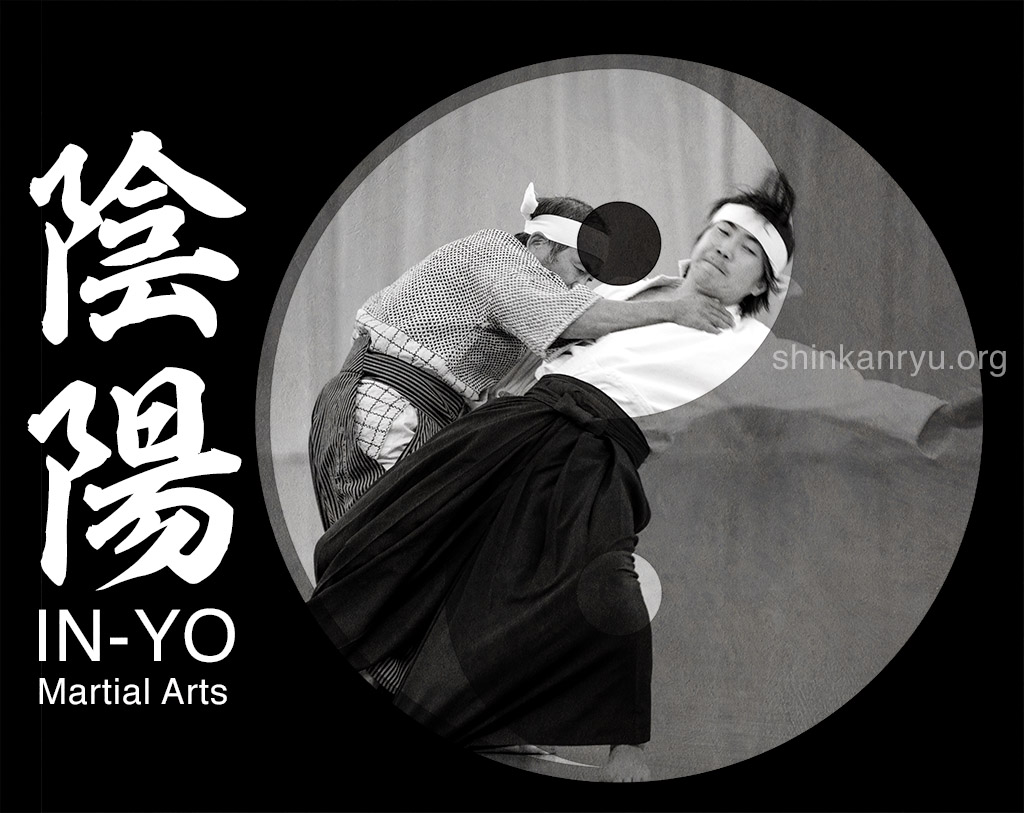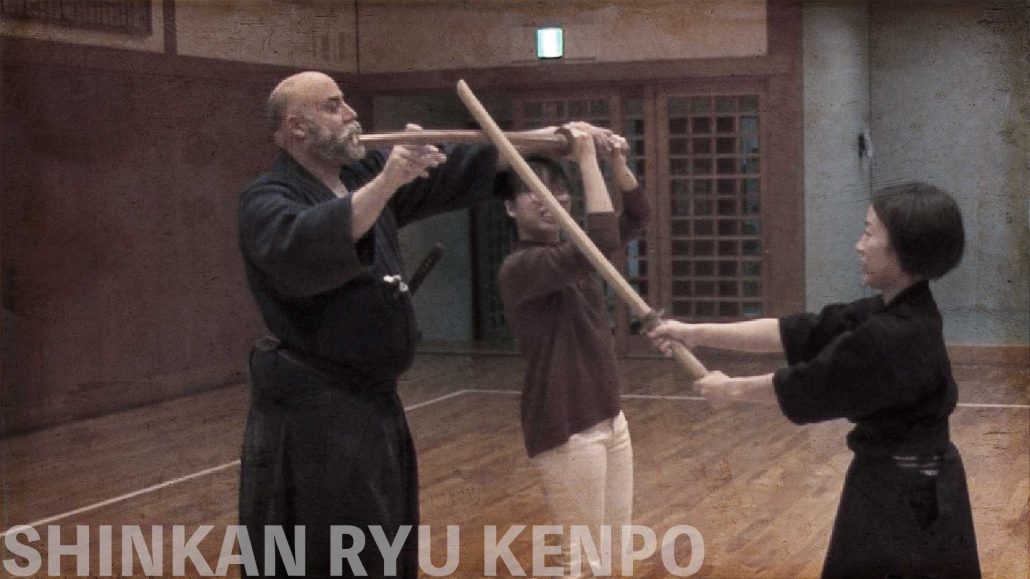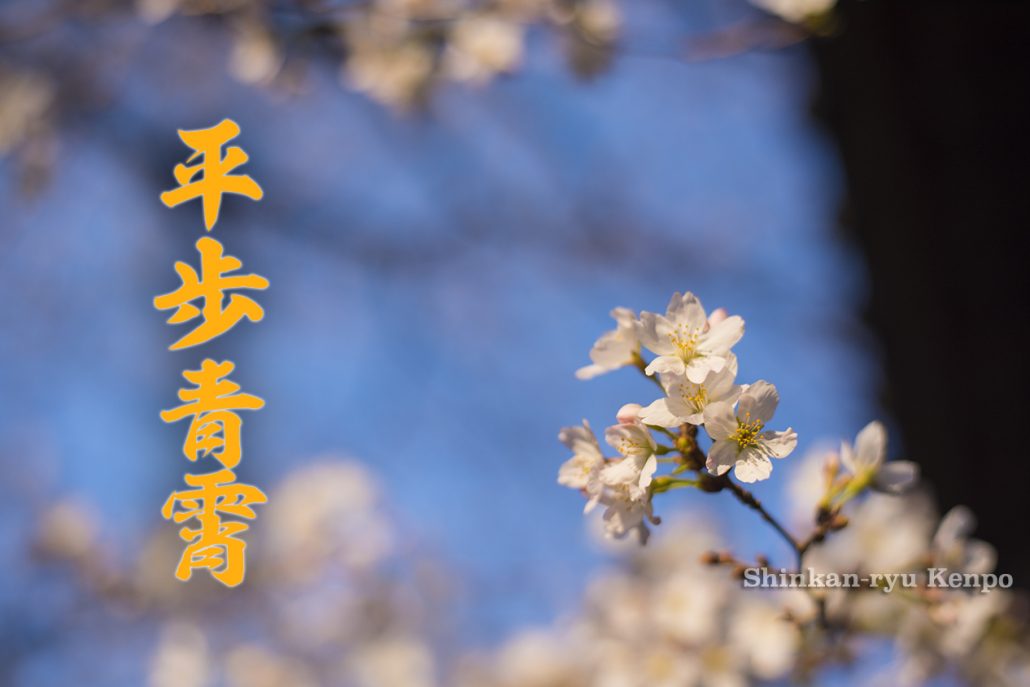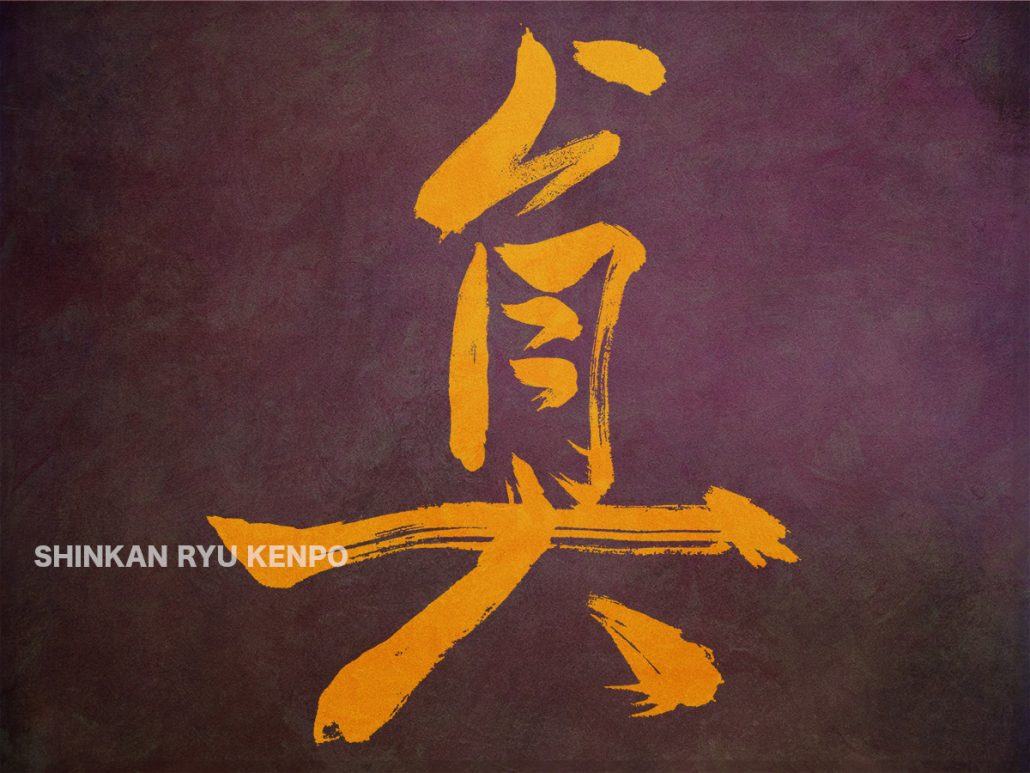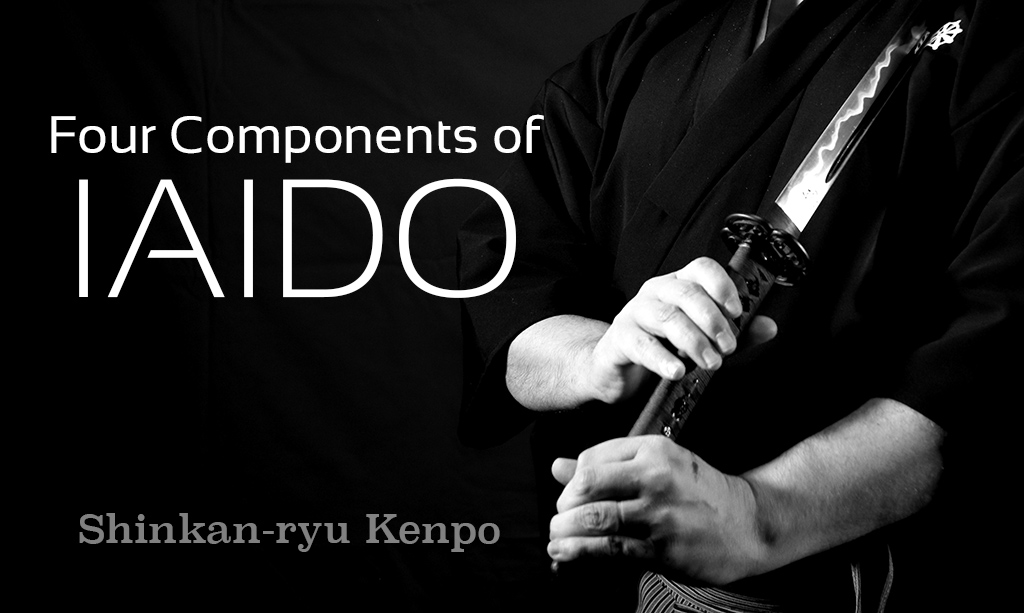Respect is a two-way street, however, how many people are driving recklessly?
"If you want respect, you have to give it", or "Respect must be earned", are the usual beliefs we can come across. People with that mindset are often quick to treat someone without respect when they feel disrespected. The problem here is the perceived disrespect. This idea does not create harmony as it's dependent on how you are perceived being treated and sometimes not on how you are actually treated.
We should respect someone, even those who are mistreating us. If we feel indignant and decide the offender has now given us some righteous path to treat them without respect then we are simply ignorant. This is a hard battle. We feel it's ok to slap the guy that shoved us or scream at the person who hurt our feelings. The offense might be the biggest insult and strongest word you can muster in your language, however, it does not greenlight the same disrespect in retaliation.
We should contemplate why we feel offended and angry. What are the origins of the feeling? Who is really hurt? What damage is ultimately done by the offender's actions? As the offended, we should contemplate this before we act.
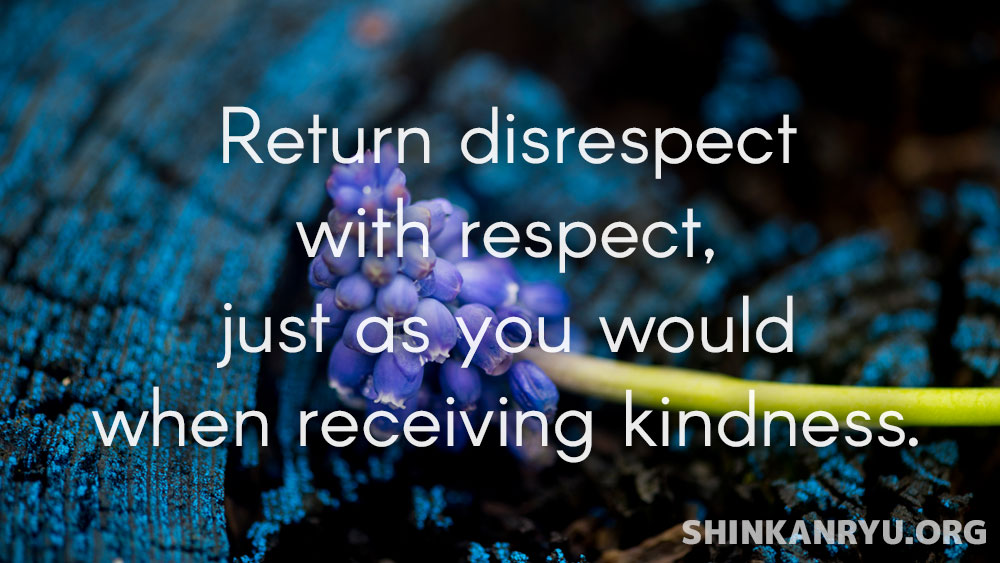
Is respect earned? In short, yes. Over time you can respect someone more as you are witness to their respect. However, someone showing no respect will never learn a better way if you treat them without any. It is as useless and damaging as kicking a dog when you are displeased.
Respect is a two-way street means we should stay in our lanes to avoid head-on collisions. It should not mean to get the respect you have to give respect. When you respect no one or have selected respect, you never form any deep bonds or relationships with others.
When someone is disrespectful they should be instructed what proper decorum is in that instance. You can sometimes just walk away (from your keyboard as well).
Showing respect does not mean you will be treated with respect in return. Sometimes no matter how patient or kind you are to someone they will return it in the form of malicious actions or careless disrespect. It happens, and it is unpleasant. We must maintain, especially as martial artists, a strong sense of decency and etiquette.
Being in certain environments requires certain levels of etiquette and respect, however. We can not bring our rock-breaking quarry mouth and attitude to the dōjō. Being the bull in the china shop is not what we should want for ourselves. Certain relationships such as mentor and student or Sensei and deshi have very ordered guidelines and protocol. Failure to understand what is expected of us produces confusion and damage in that relationship. If you go into an instructor/student relationship with the wrong mindset you are basically setting out landmines that you will stumble over later on.
In the realm of traditional training, an old-world approach exists. Students are required to silence their minds and mouths in order to ingest and understand the teachings. Never ever join a teacher on a path whom you do not respect and trust 100%. Doing so will end very badly, and cause damage to yourself and others beyond what you might fathom.
Many martial artists and sword practitioners bow to their teachers or kamidana or to their swords yet treat other people with no respect. If that is done then what is the point of training? If we acquire scrolls and certificates but behave like wild idiots then what did we ultimately accomplish?
Barking at someone that they have to give respect to get your respect is simply asking someone to pay a tax before your kindness and understanding are available. That ultimatum is not humane or compassionate and creates an environment of stress and frustration.
It is sometimes hard to give respect to someone that is nasty and mean to us, but it is what we have to do as martial artists and human beings.

ラジカスキー真照
館長Saneteru Radzikowski is the head sword instructor of Shinkan-ryū Kenpō. He lives and teaches Iaijutsu and Kenjutsu from Nara, Japan.
Respect is a two way street in martial arts
Respect is a two-way street, however, how many people are driving recklessly? “If you want...
Bushido Chūgi The code of Loyalty
Loyalty is one of the shining points in any list about the virtues important to...
Ken Zen Ichi Nyo Sword & Zen Are One
剣禅一如 The sword and zen are one. The mind of zen is an important consideration...
Study The Self. Learn The Sword
Learn the sword or budo and learn of yourself. Learn about yourself to learn budo....
Guilt and Responsibility
I heard a student say, “If I don’t do any kind of training every day,...
Iaijutsu Iaido Sword Timing Lesson
Timing while training alone is an important aspect to keep alive and well in the...
Dominando las Artes Marciales y las Bases
Hablaré acerca de bases y dominio. Antes de comenzar, quiero decir que usaré la palabra...
Martial Arts Doesn’t Change You Into A Hero
Joe is a bit of a jerk.Joe joins a dojo.Joe practices martial arts for 12...
Waza: Quality or Quantity?
Waza Waza Everywhere In our respective martial arts systems, we learn many waza 技 (techniques)....
Attachment, Budo & Impermanence
It is worth a lot to be mindful of the ebb and flow of all...
The Warrior Paradox
The True Spirit of Martial Arts: Beyond the Skilled Sword In the world of Japanese...
The Point of Iaido & Tame
Pardon the pun, but the point of iaido is important to keep. When we practice...
On being human and a martial artist
It is difficult to wind through the brambles and thorns of life. It is impossible...
How To Learn Samurai Sword Fighting Without A Teacher?
I get asked often, “Hey, is it possible to learn sword fighting without a teacher...
Shugyō and Keiko Martial Arts Practice
Practicing and Studying There are two main words used about practicing and learning in martial...
Playing With Sharp Swords
I have been saying it’s important to get training for using a sharp sword or...
Be Thankful.Be Earnest In Bujutsu & Life
Be thankful for your mistakes, failures, and blunders. They are your own teacher reminding you...
Secrets of Swordsmanship: In-yō. Ying & Yang
I wanted to talk about IN-YŌ 陰陽, or more commonly known as yin & yang....
How to learn kenjutsu?
How to learn kenjutsu? Learning anything as profound as a martial art needs a teacher....
Equanimity Of A Bushi
Under the big blue sky, Walk with purpose. せいしょうにへいほうす。青空をすたすた歩く。 Move towards your difficulties (or life...
Bujutsu Truth
Be honest. Move with the truth and discard the lies and false facades. Leave them...
Components of Iaido Iaijutsu
[fusion_builder_container hundred_percent="no" hundred_percent_height="no" hundred_percent_height_scroll="no" hundred_percent_height_center_content="yes" equal_height_columns="no" menu_anchor="" hide_on_mobile="small-visibility,medium-visibility,large-visibility" status="published" publish_date="" class="" id="" background_color="" background_image="" background_position="center...


